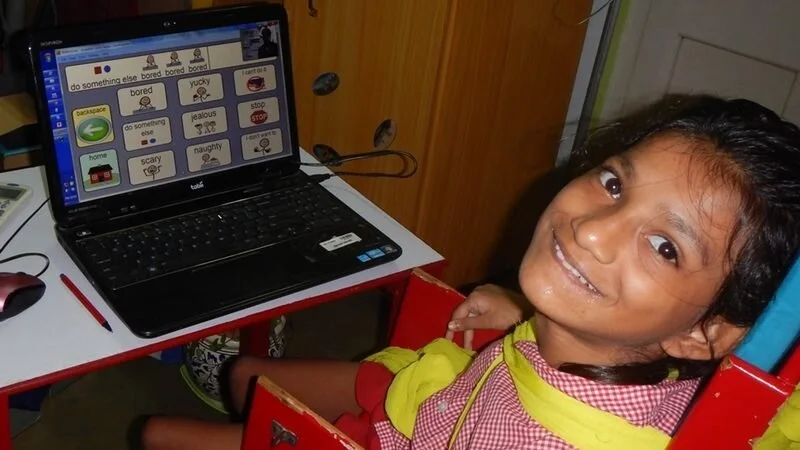User Conditions
ALS / MND
Amyotrophic lateral sclerosis, also known as ALS, MND and Lou Gehrig's disease, is a neurological disease that attacks the motor neurons responsible for the use of voluntary muscles. ALS typically progresses rapidly, causing severe weakness that can develop into complete immobility. Along the way, speech impairment may develop into an inability to communicate effectively.
CEREBRAL PALSY (CP)
Cerebral palsy, also known as CP, is a group of chronic conditions affecting movement and coordination. Depending on its severity, it can impair the way patients walk, talk, use their hands, and engage in nearly any physical task. It makes dealing with everyday activities a lifelong challenge.
APHASIA / STROKE
Aphasia is an acquired language disorder that results from a neurological event, such as a stroke or brain injury. While aphasia does not impact intelligence, it does make it difficult to understand speech and written words and express one’s self verbally and in writing. Daily activities, social interactions and learning new things that require speech can be impacted at varying degrees from the onset of aphasia








